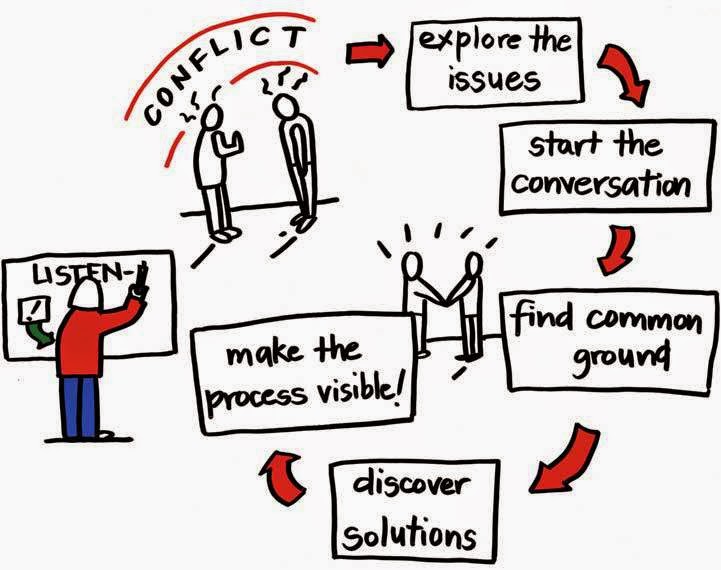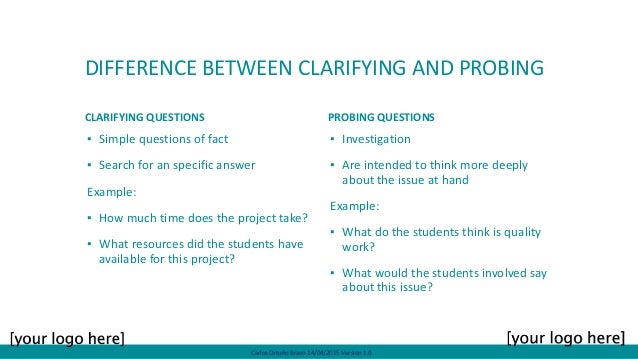
“Then, usually, before checking it out with the partner, the receiver begins a narrative, a story, based on their interpretation.” “Because of past wounds, the receiver can ascribe the most negative meanings to the partner’s behaviors,” explains Nancy Landrum, MA, author, and relationship coach. Instead, “we are hearing something based on our fears, not on our reality.”įor example, if your partner has a fear of abandonment based on their childhood experiences, when you say, “I need some time to be with my friends or on my own,” they might hear that you don’t enjoy being with them - even if that’s not what you meant. “What we hear our partner saying is often wildly different from what they are actually saying,” explains Marin Rieger, marriage and family therapist and founder of Elm Therapy and Wellness. “You may still disagree, but your approach to talking about how you disagree becomes more clear and your partner feels more respected,” Ezell-Whiddon adds. Instead, you focus on trying to understand their perspective and feelings. That’s why active listening can help because it is setting aside your own agenda, thoughts, interpretation, judgments, emotions, and your need to be right. Listening to understand allows a little more space to think about your partner’s viewpoint.” “When we listen to defend, we often interrupt one another and things escalate.
#Resolve vs clarify questions professional
“Most of us listen to defend our viewpoint, but we should really be listening to understand,” explains Odona Ezell-Whiddon, a licensed professional counselor. So what do you do to prevent or solve misunderstandings from getting in the way of your relationship? Here are some tips: Practice active listening

But by reacting before asking them what happened, you’re allowing room for misunderstandings to harm your relationship.ĩ ways to solve a misunderstanding in a relationship And there could be a valid reason why your partner didn’t get to those dishes while you were out. You also wouldn’t be alone if you decided to storm upstairs and yell at your partner for letting you down.īut the truth is: our partners generally don’t do things (or in this case, not do things) to hurt or annoy us.

If it were along the lines of “a partner that loves me would have cleaned up before I got home” or “I should have a partner that does the dishes without me having to ask,” you wouldn’t be alone.

What’s the first thought that comes into your mind? A quick glance at the sink and the mystery is solved: all the glasses are piled up in the sink and dirty. You open the cabinet, but you realize there aren’t any glasses. Picture it: you come home from a long, grueling day at work and go into the kitchen to grab yourself a glass of water. It’s common to misunderstand our partners, but there are healthy ways to work to resolve misunderstandings.


 0 kommentar(er)
0 kommentar(er)
